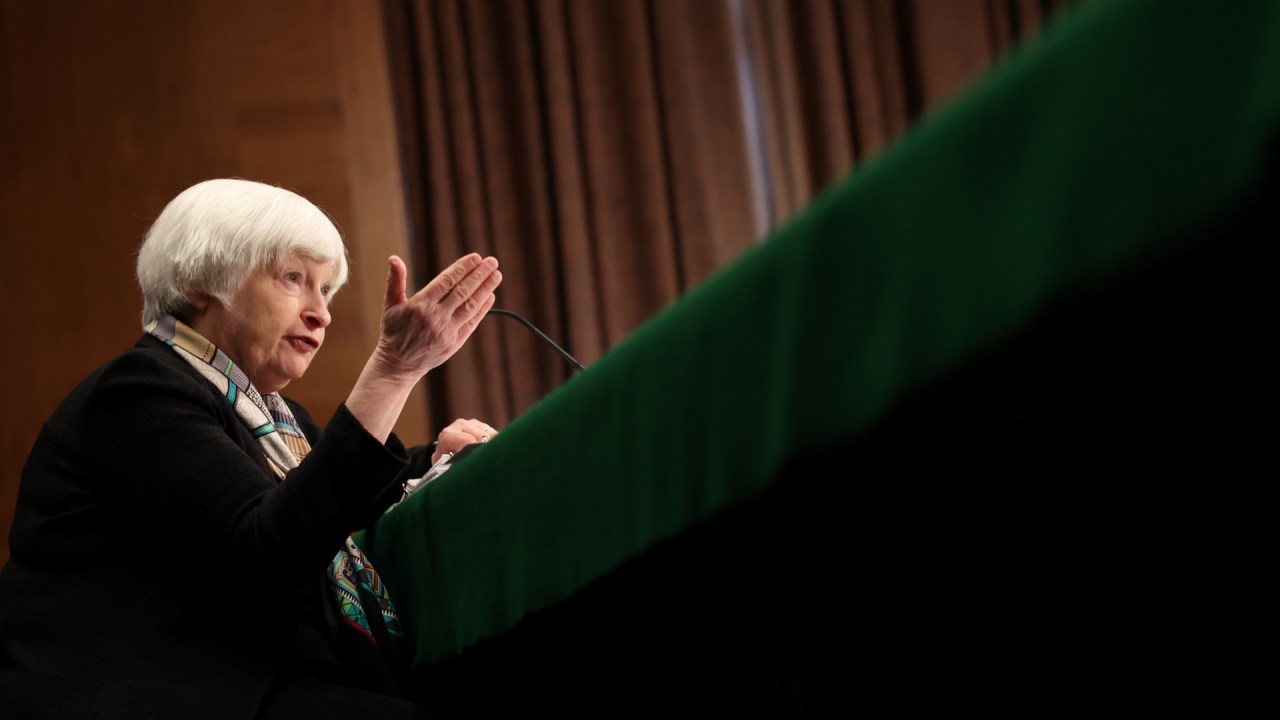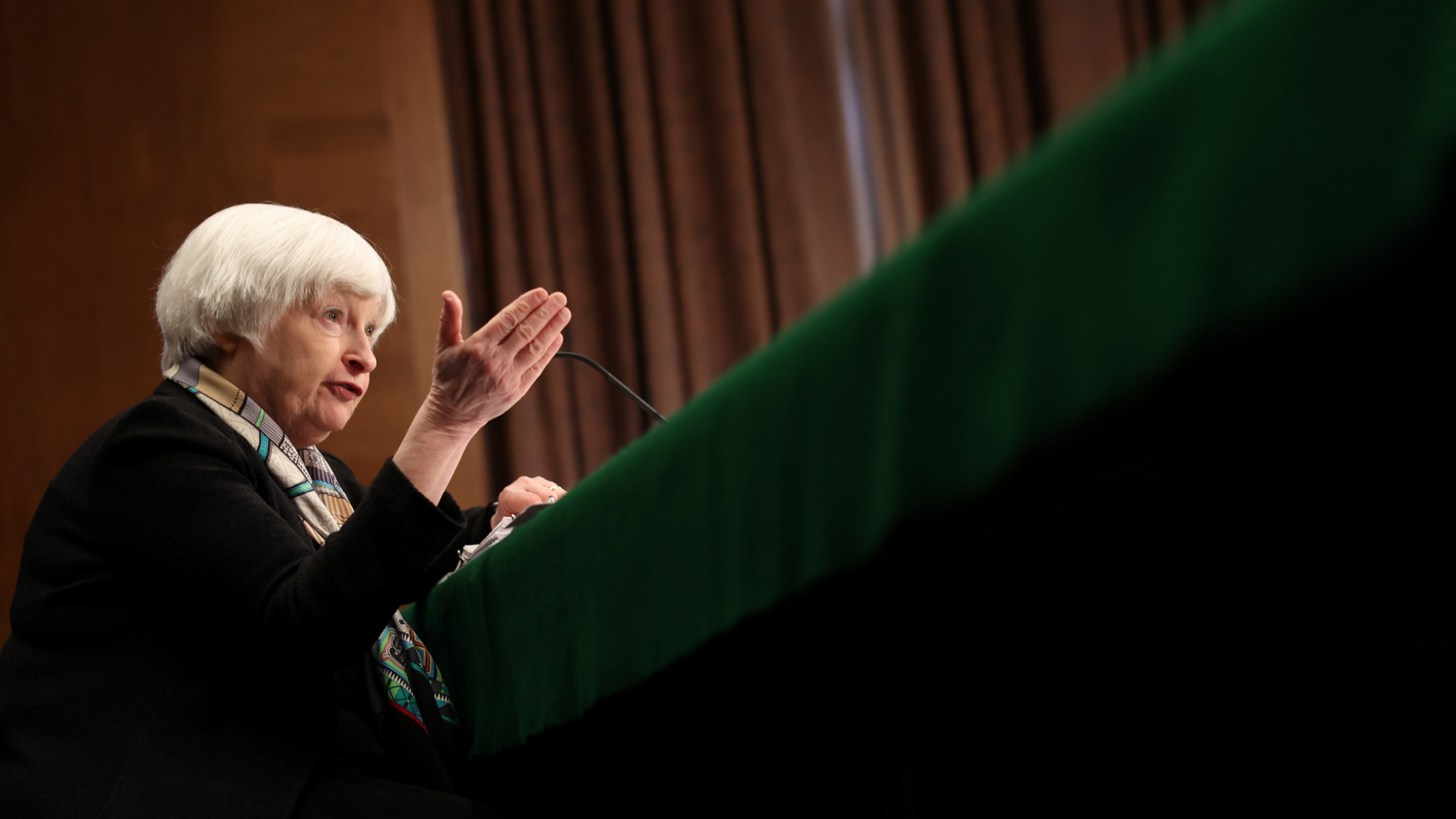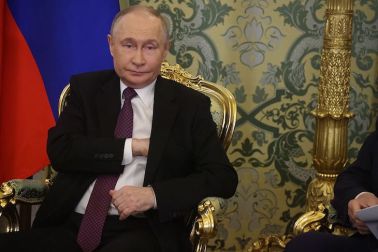We must be bolder in seizing frozen Russian assets, writes the Prime Minister in a Sunday newspaper. ‘That starts with taking the billions in interest these assets are collecting and sending it to Ukraine.’ Can that really be done? Having consulted international legal opinion, here’s my summary.
The principle of ‘sovereign state immunity’ doesn’t prevent the freezing of state assets, but confiscating them would create a very dangerous precedent, namely that no state’s reserves would be secure in anyone else’s banking system. But in a conflict where the aggressor has clearly breached international law, as Russia has in Ukraine, the wrongfully harmed state has a right to restitution; and the International Court of Justice in The Hague may eventually award compensation in the form of seized loot.
But this war is far from over; Russia will win it if the West fails to fund Ukrainian weaponry; and the politics are complicated. As a substitute for US taxpayers’ money for aid, Congress might willingly pass Ukraine the modest $5 billion or so of Russian assets currently held over there. Treasury Secretary Janet Yellen, previously seen as a naysayer on this issue, told G20 finance ministers on Tuesday that unlocking Russian assets to support Ukraine is ‘necessary and urgent’ and has ‘a strong moral case’.
And on this occasion, the US is a smaller player. EU institutions are believed to hold up to $300 billion from Russia, much of it in the Belgian-based Euroclear settlements operation. London may be guarding $30 billion, and all parties agree it would be better for action to be co-ordinated across the G7, the next meeting of which is in Italy in June.
Meanwhile, a politically ordered seizure of Russian capital is a doubly frightening prospect for custodian banks, first because decades of legal wrangling could follow, secondly because a rush of withdrawals by other foreign depositors could cause a crisis of liquidity.










Comments
Join the debate for just £1 a month
Be part of the conversation with other Spectator readers by getting your first three months for £3.
UNLOCK ACCESS Just £1 a monthAlready a subscriber? Log in